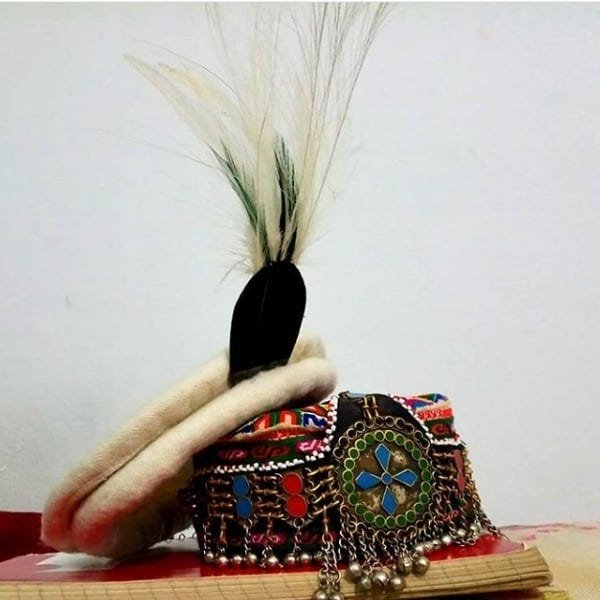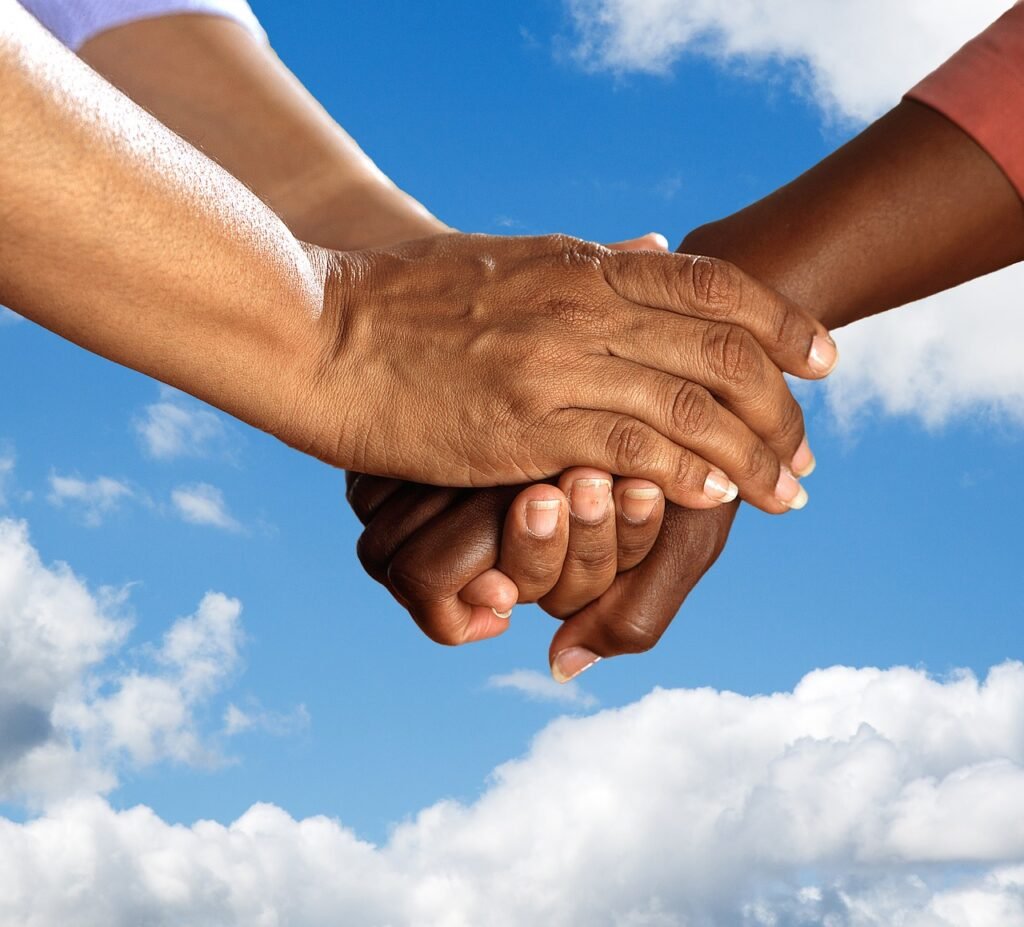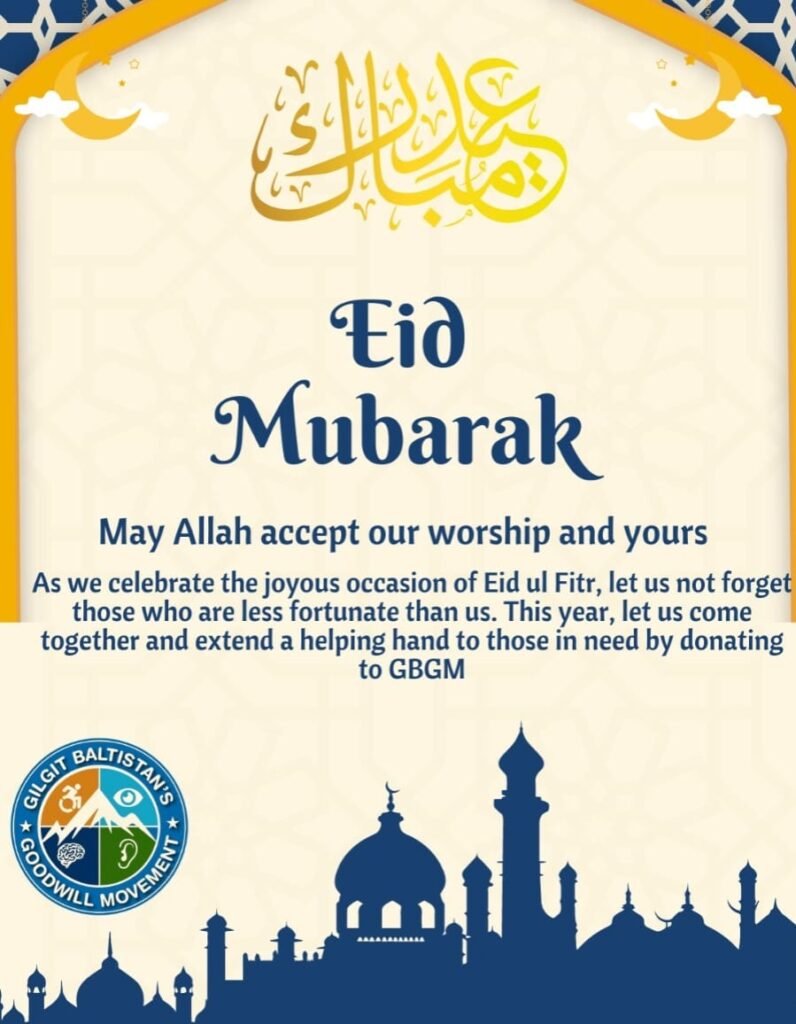Disabled people are just as human as abled people, but the way that disabled people are treated is dependent upon one’s culture. As explored in the past, we have discussed transportation needs and accommodation, which I hope to do in the future, but we have not discussed the cultural aspect. The cultural part is not simply equal to = ‘ abled people do not want to help disabled people’; it is multiple factors.
First, we should understand that not all government officials and people are arrogant about this issue, but the culture needs to be changed about PWDs. If one was to blame the government for everything concerning Persons with Disablities, sorry, I can not buy that. The reason is that elected persons are only there for five years, while the unelected have not done enough to raise disability awareness. When I use the ‘ unelected,’ I mean people aware of foreign education systems, institutes, etc.
The unelected know how other disabled people live in other societies, etc., but their time is not diverted to this cause in Gilgit Baltistan for different reasons. For their benefit, let us say that even if they wanted to, such a cause would require grassroots leaders (which GBGM proudly has) and an influx of funds (which is a dire need for NGOs such as GBGM).
Most of the time, we see in NGO work that a long-term plan is affected by multiple short-term barriers. For argument’s sake, let us say that the government of Gilgit Baltistan passes a bill tomorrow something stating that from this day onwards PWDs should get jobs; it is the attitudes of the employers ultimately which determine whether someone is employed or not.
That is why GBGM requires sustainability of funds in order to keep the momentum going. While at the same time as lobbying for government jobs, GBGM can also introduce freelancing classes for disabled people so that they can earn some money online while being inclusive as our website has been designed by our cabinet member, Ali Ahmad https://www.youtube.com/watch?v=jrqlpY6nl-k&t=214s.



